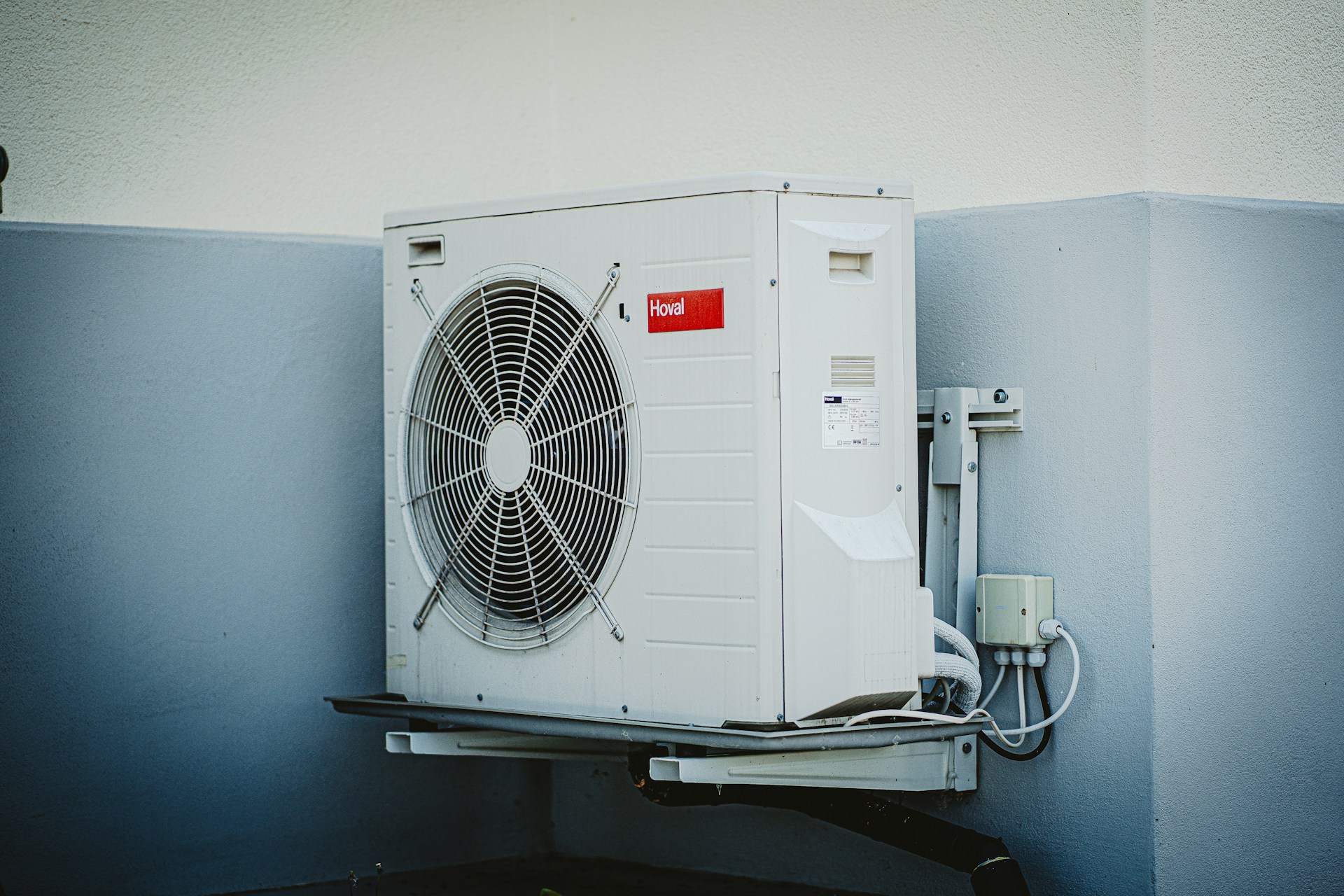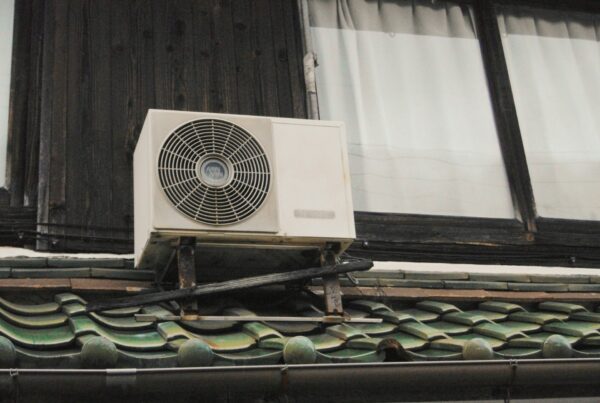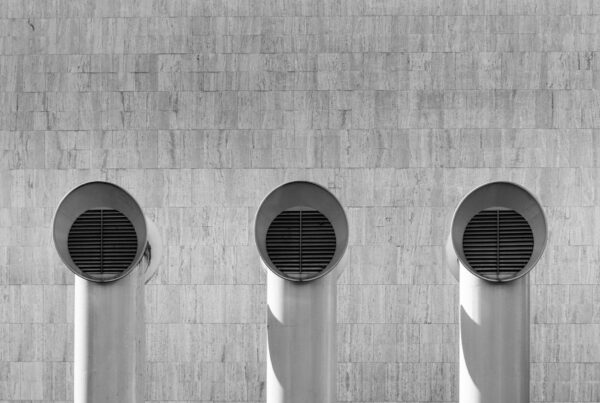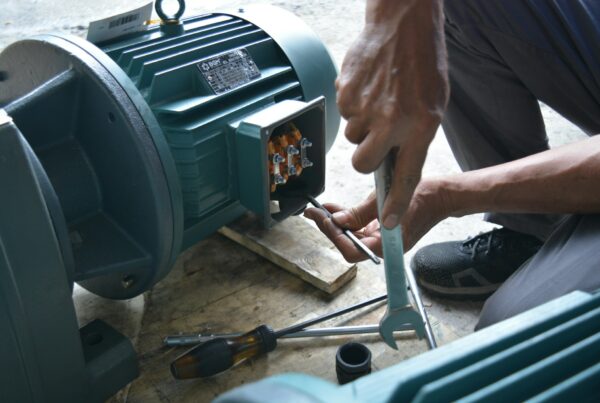Last Updated on March 3, 2024
Summer heat can be brutal, and the last thing you want is a malfunctioning air conditioner, leaving you sweating and miserable. However, like any mechanical system, air conditioners are prone to wear and tear, and issues can arise over time that compromise their efficiency and effectiveness. Recognizing the red flags is imperative to prevent discomfort, reduce energy costs, and extend the lifespan of your cooling system.

In this comprehensive guide, we’ll explore seven signs that indicate your air conditioner requires immediate attention.
Seven Signs Your Air Conditioner Needs Repair
Don’t wait until it’s too late to repair your AC. There are many signs your air conditioner needs repair. The following are seven signs.
- Reduced Cooling Efficiency
Reduced cooling efficiency refers to the diminished ability of your air conditioner to effectively cool your indoor space despite continuous operation. Signs of reduced cooling efficiency include:
- Uneven Airflow: Do some rooms feel like ovens while others are chilly? Clogged ducts or malfunctioning fans could be the culprit.
- Temperature Fluctuations: Does your AC battle to keep the temperature steady? Constant swings or rooms refusing to cool down could indicate low refrigerant, compressor issues, or even a faulty thermostat.
- Extended Run Time: Does your AC run for hours without reaching the desired temperature? This excessive effort points to inefficiency and potential problems.
If you observe these signs, seek professional assistance promptly to address the root cause and restore optimal cooling efficiency.
2. Skyrocketing Energy Bills
Soaring electricity bills? The main culprit might be hiding in plain sight: your air conditioner. Inefficient cooling systems, like those with dirty filters, can hike up energy consumption by 15%. Leaky ducts waste about 30% of cooled air while aging AC units lose efficiency over time. Considering air conditioning comprises around 50% of summer energy usage, any inefficiency significantly impacts bills. Timely maintenance and repairs for your AC are essential to control costs and ensure energy efficiency.
3. Frequent Cycling On And Off
Does your air conditioner seem to have a mind of its own, constantly cycling on and off? This behavior, known as frequent cycling, is a clear sign that your AC unit is struggling. While intermittent cycling is normal, excessive cycling indicates potential issues like thermostat malfunctions, refrigerant leaks, or restricted airflow. Each cycle strains the system, leading to increased wear and tear and reduced efficiency. Frequent cycling isn’t just annoying; it’s a sign your AC needs attention.
4. Poor Airflow
In a well-functioning air conditioning system, air should flow evenly and consistently throughout your home, ensuring optimal comfort in every room. However, poor airflow is a telltale sign that your AC requires immediate attention. Weak or uneven air flow from vents indicates potential issues such as clogged air filters, ductwork obstructions, or malfunctioning blower motors.
Don’t ignore weak airflow! Call a qualified technician to diagnose the cause and restore healthy, balanced air circulation throughout your home. Early intervention saves you money, ensures comfort, and protects your health.
5. Foul Odors
A healthy AC breathes easily and doesn’t announce its presence with unpleasant aromas. But if your AC starts emitting foul odors, it’s time to investigate. Here’s why:
- Musty or moldy: This points to moisture buildup within the unit, potentially creating a haven for mold growth.
- Burning smell: This is a serious red flag, indicating electrical problems or overheating. Shut off the AC immediately and call a professional to avoid potential fire hazards.
- Chemical or metallic odor: This could signify refrigerant leaks, posing health and environmental risks. Evacuate the area and call a professional for safe handling.
Ignoring these smells can lead to health risks, damage to your AC, and unpleasant living conditions. Call a qualified technician to diagnose and address the source of the odor before it becomes a bigger problem.
6. Moisture Or Leakage Around The Unit
Causes may range from refrigerant leaks to condensate drain blockages or damaged components. Timely repair is essential to prevent water damage, mold proliferation, and potential electrical hazards. Addressing moisture or leakage promptly ensures the longevity and efficient operation of your air conditioner, safeguarding both your home and your health.
A well-functioning air conditioner should never leave moisture or leakage around the unit. However, if you notice water puddles or signs of moisture accumulation, it’s a clear indication that your AC unit needs attention. Excessive moisture can lead to mold growth, compromising indoor air quality and posing health risks.
7. Loud Noises Inside Your AC Unit
Loud noises from your AC unit can indicate underlying issues that require attention. Grinding noises may suggest worn-out bearings while banging sounds could signal loose or broken components. Squealing noises may point to belt issues, while hissing sounds may indicate refrigerant leaks.
For DIY troubleshooting, start by checking for loose screws or debris around the unit. Ensure that the fan blades are not hitting anything. However, if the noise persists or worsens, it’s time to call a professional AC technician. Ignoring loud noises can lead to further damage and costly repairs, so prompt action is crucial for preserving your AC unit’s efficiency and longevity.
How To Deal With Extreme Cases
When faced with extreme AC issues like fire, electrical sparks, or intense odors prioritize safety. Here’s what to do:
- Shut off the AC and power supply immediately. Don’t risk further damage or personal harm.
- Evacuate the area and call emergency services if necessary. Fire or electrical hazards require immediate professional intervention.
- Avoid DIY repairs. Leave complex issues to qualified technicians to prevent further damage and ensure safe operation.
Also, keep communication lines open with the technician to understand the problem and proposed solutions.
Wrap Up
Your air conditioner should be your summer savior, not a source of stress. But just like any machine, it can give subtle warnings when things aren’t running smoothly. This guide has equipped you with 7 key signs to listen for: unusual noises, skyrocketing bills, frequent cycling, weak airflow, unpleasant odors, leaks, and struggling efficiency. Don’t wait for these signs to become major problems. Stay vigilant, listen to your AC, and know when to call a professional.





